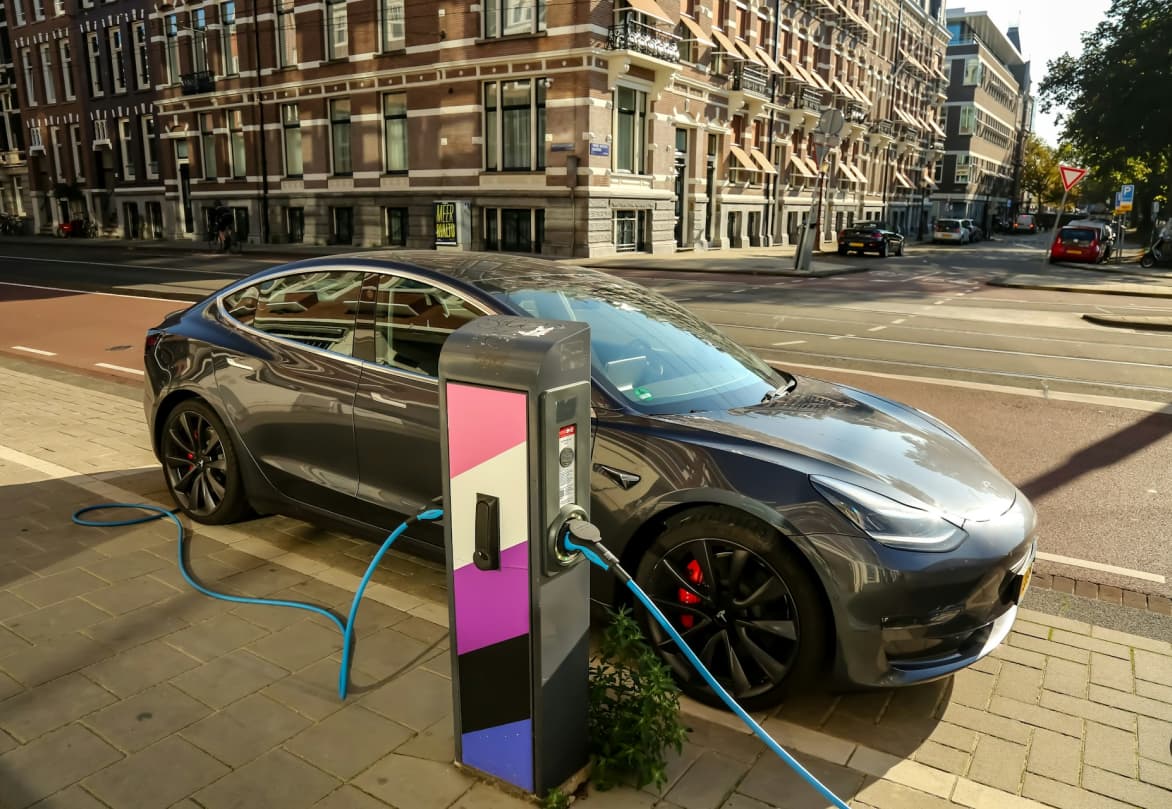With the global transition towards sustainable transportation gaining momentum, the proliferation of electric vehicles (EVs) represents a pivotal shift in the automotive industry. As EV adoption continues to surge, one of the critical components shaping the future of electric mobility is the charging infrastructure. The availability, accessibility, and efficiency of charging stations play a crucial role in alleviating range anxiety, accelerating EV adoption, and facilitating the transition to a low-carbon transportation ecosystem.
In this article, we delve into the evolving landscape of electric vehicle charging infrastructure, exploring emerging technologies, innovative solutions, and key trends shaping the future of EV charging. From advancements in charging technologies to the expansion of charging networks and the integration of renewable energy sources, the future of electric vehicle charging infrastructure holds immense promise in addressing the challenges and unlocking the full potential of electric mobility.
1. Fast-Charging Technologies
Rapid advancements in fast-charging technologies are revolutionizing the EV charging experience, significantly reducing charging times and enhancing convenience for EV drivers. High-power charging stations capable of delivering ultra-fast charging speeds are becoming increasingly prevalent, enabling EVs to add hundreds of miles of range in a matter of minutes. Furthermore, innovations such as wireless charging and vehicle-to-grid (V2G) technology are poised to further reshape the future of EV charging, offering seamless integration with existing infrastructure and grid networks.
2. Expansion of Charging Networks
The expansion of charging networks is critical for supporting the growing fleet of electric vehicles and addressing range anxiety among consumers. Governments, utilities, and private companies are investing heavily in the deployment of public charging infrastructure, with a focus on strategic locations such as highways, urban centers, and commercial hubs. Moreover, the integration of charging stations into existing infrastructure, such as parking facilities and retail establishments, is enhancing the accessibility and convenience of EV charging, driving further adoption.
3. Smart Charging Solutions
Smart charging solutions leverage data analytics, connectivity, and automation to optimize charging operations, reduce energy costs, and minimize grid impacts. These solutions enable dynamic load management, allowing EV charging to be coordinated based on grid conditions, energy demand, and renewable energy availability. Furthermore, smart charging platforms empower EV drivers with real-time information on charging station availability, pricing, and charging speeds, enhancing the overall user experience and promoting efficient use of resources.
4. Integration of Renewable Energy
The integration of renewable energy sources such as solar and wind power into EV charging infrastructure is advancing the sustainability of electric mobility. Solar-powered charging stations, equipped with photovoltaic panels and energy storage systems, harness clean energy from the sun to provide emissions-free charging for EVs. Additionally, bi-directional charging systems enable EV batteries to store and discharge energy from renewable sources, facilitating grid stabilization and enabling greater integration of intermittent renewables.
5. Standardization and Interoperability
Standardization and interoperability are essential for ensuring compatibility and seamless connectivity across diverse charging networks and EV platforms. Industry stakeholders are working collaboratively to establish common standards for charging connectors, communication protocols, and payment systems, enabling interoperability between different charging networks and EV models. This interoperability not only enhances convenience for EV drivers but also fosters competition, innovation, and market growth within the EV charging ecosystem.
Conclusion
The future of electric vehicle charging infrastructure is poised for rapid transformation, driven by technological advancements, policy support, and market dynamics. As electric vehicle adoption continues to accelerate, the development of robust, scalable, and sustainable charging infrastructure is paramount for unlocking the full potential of electric mobility. By embracing innovative solutions, fostering collaboration among stakeholders, and prioritizing sustainability, we can create an EV charging ecosystem that is accessible, efficient, and environmentally responsible, paving the way for a cleaner and more sustainable transportation future.

